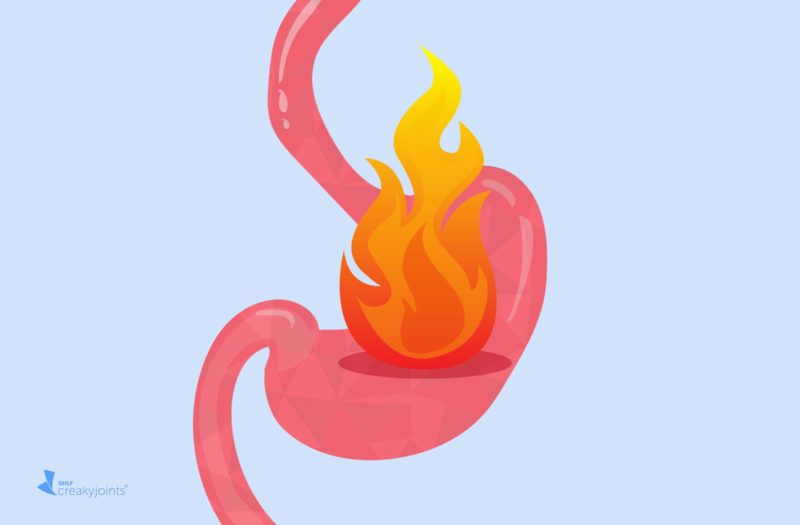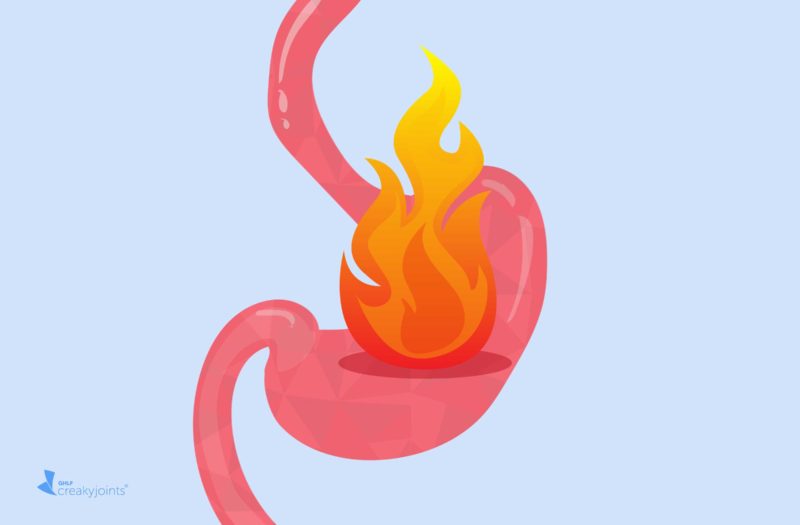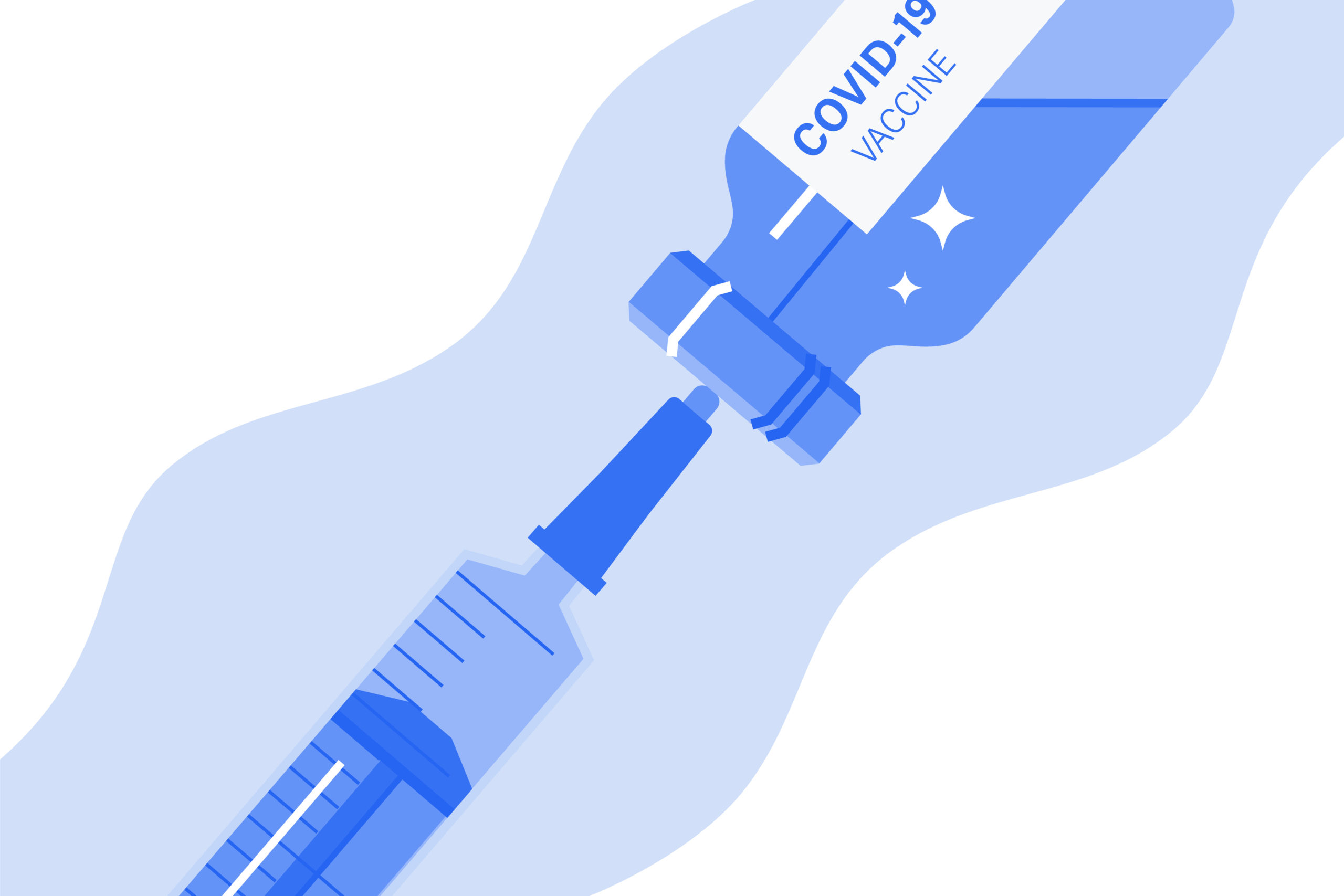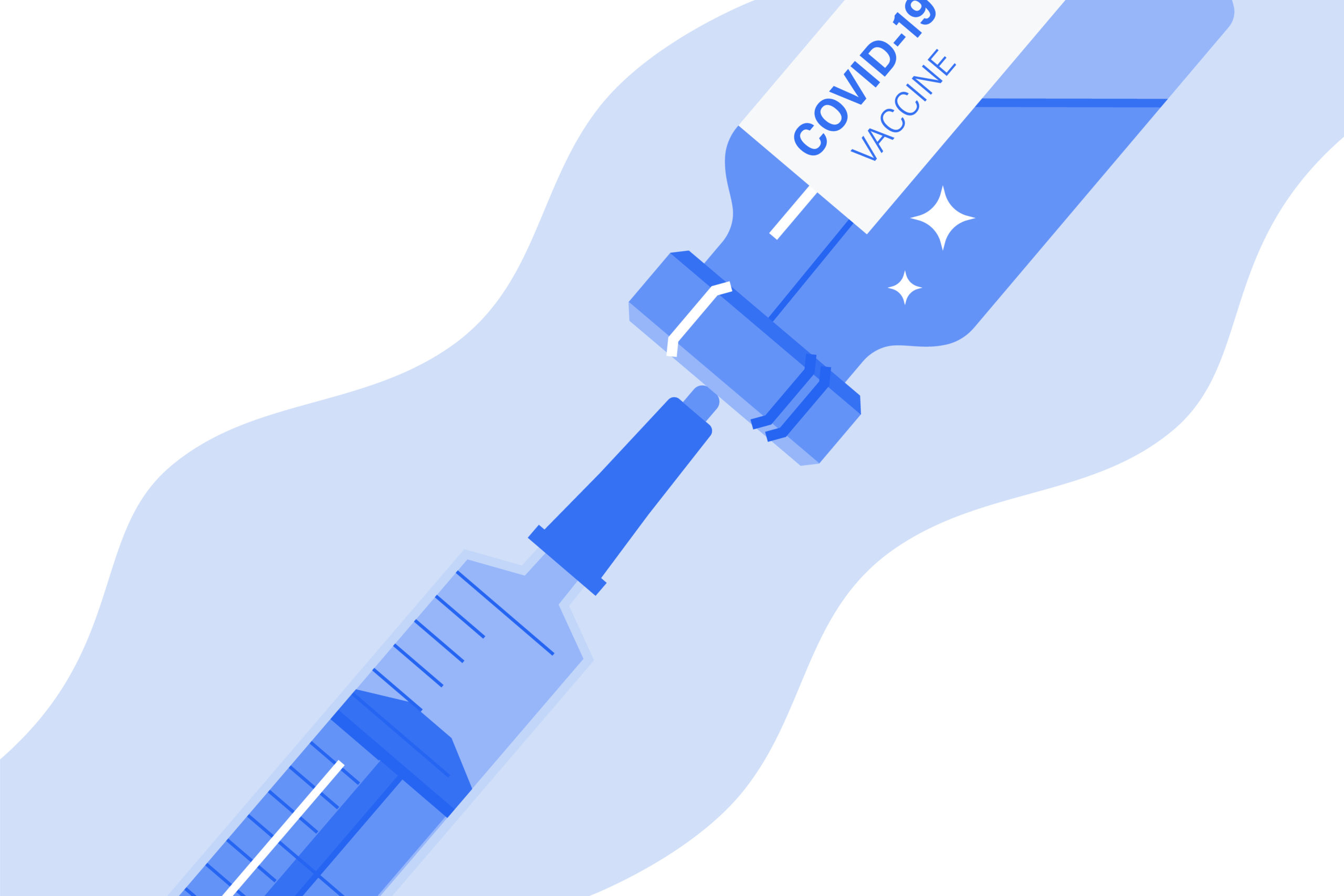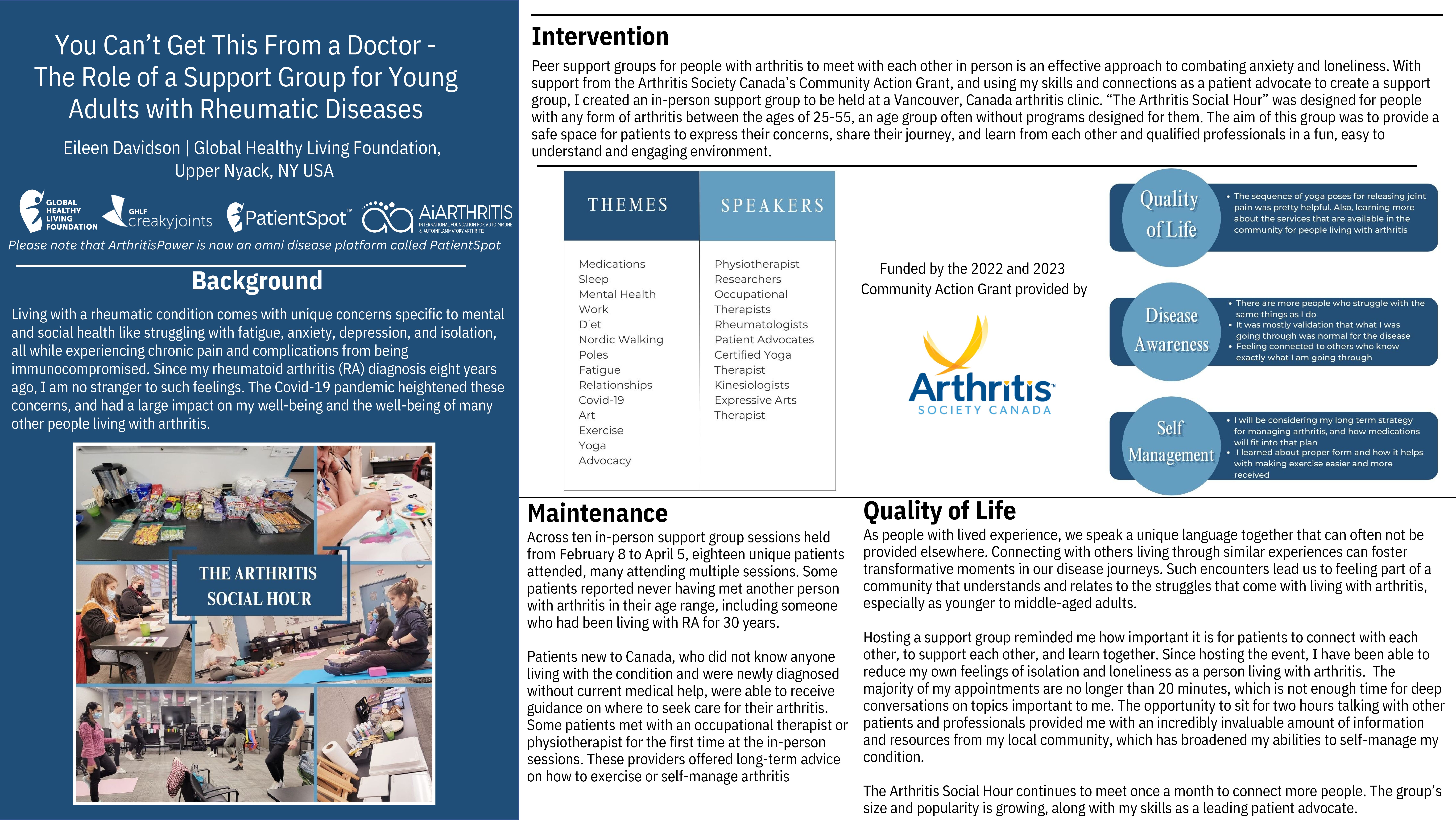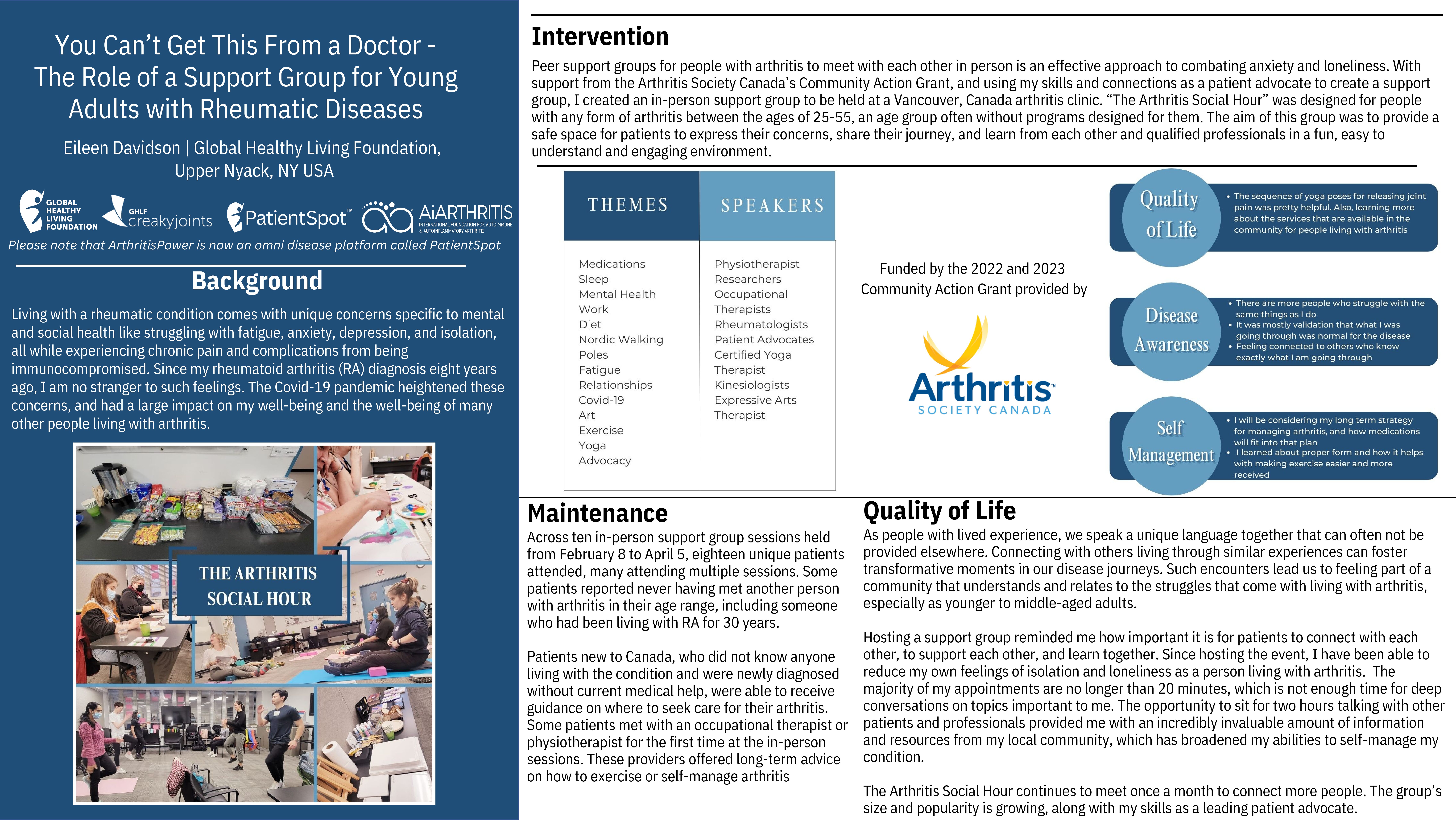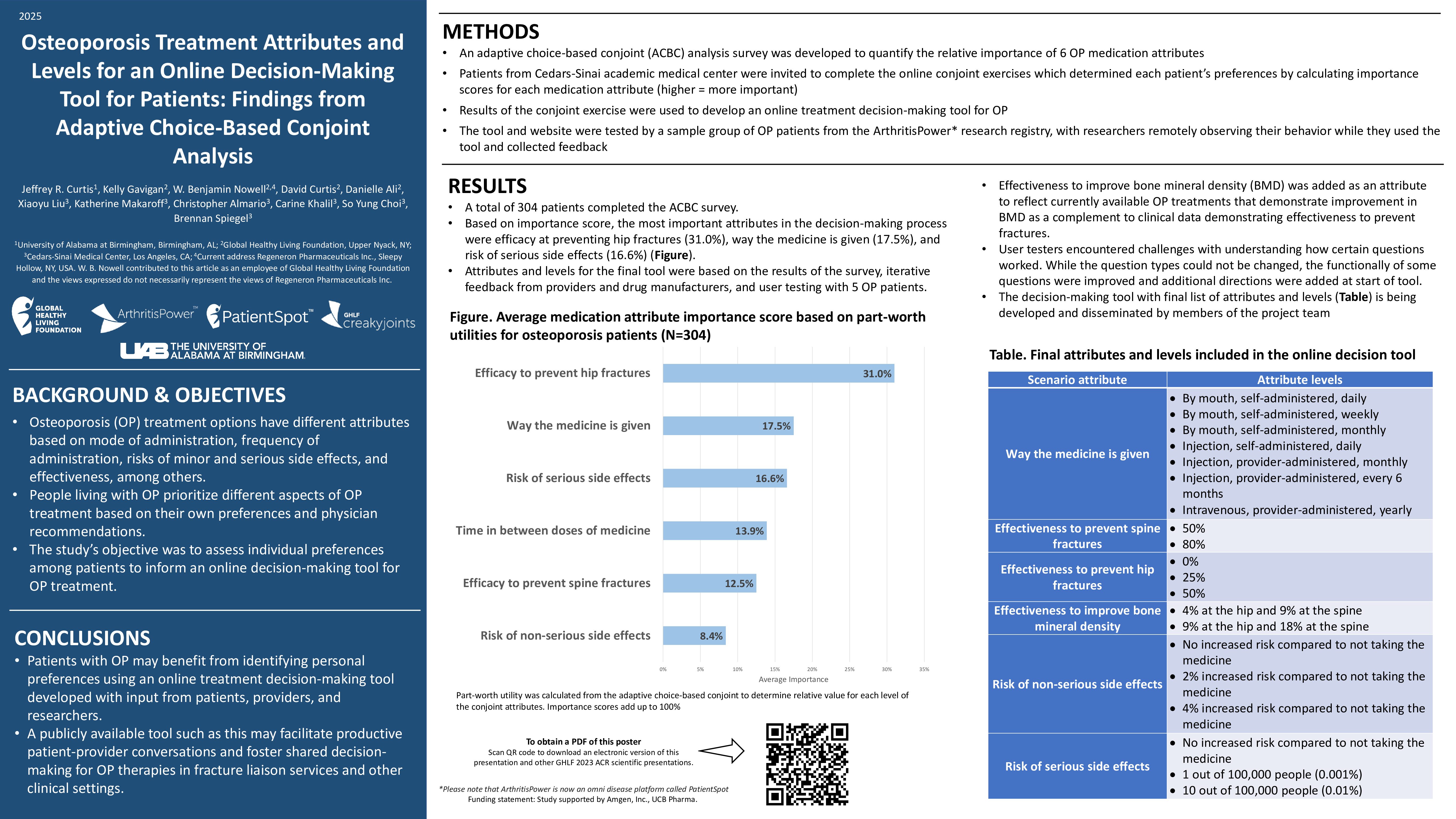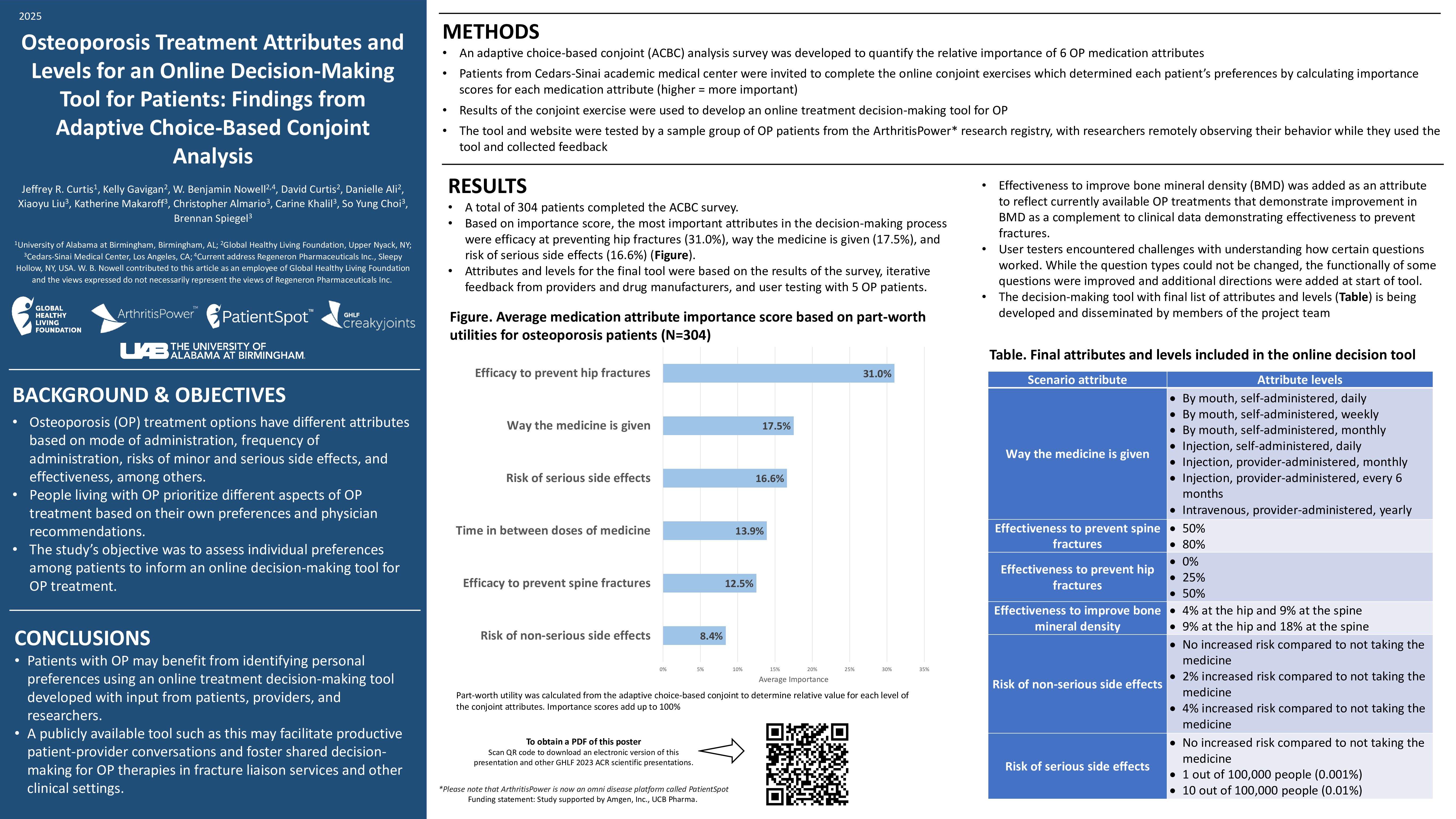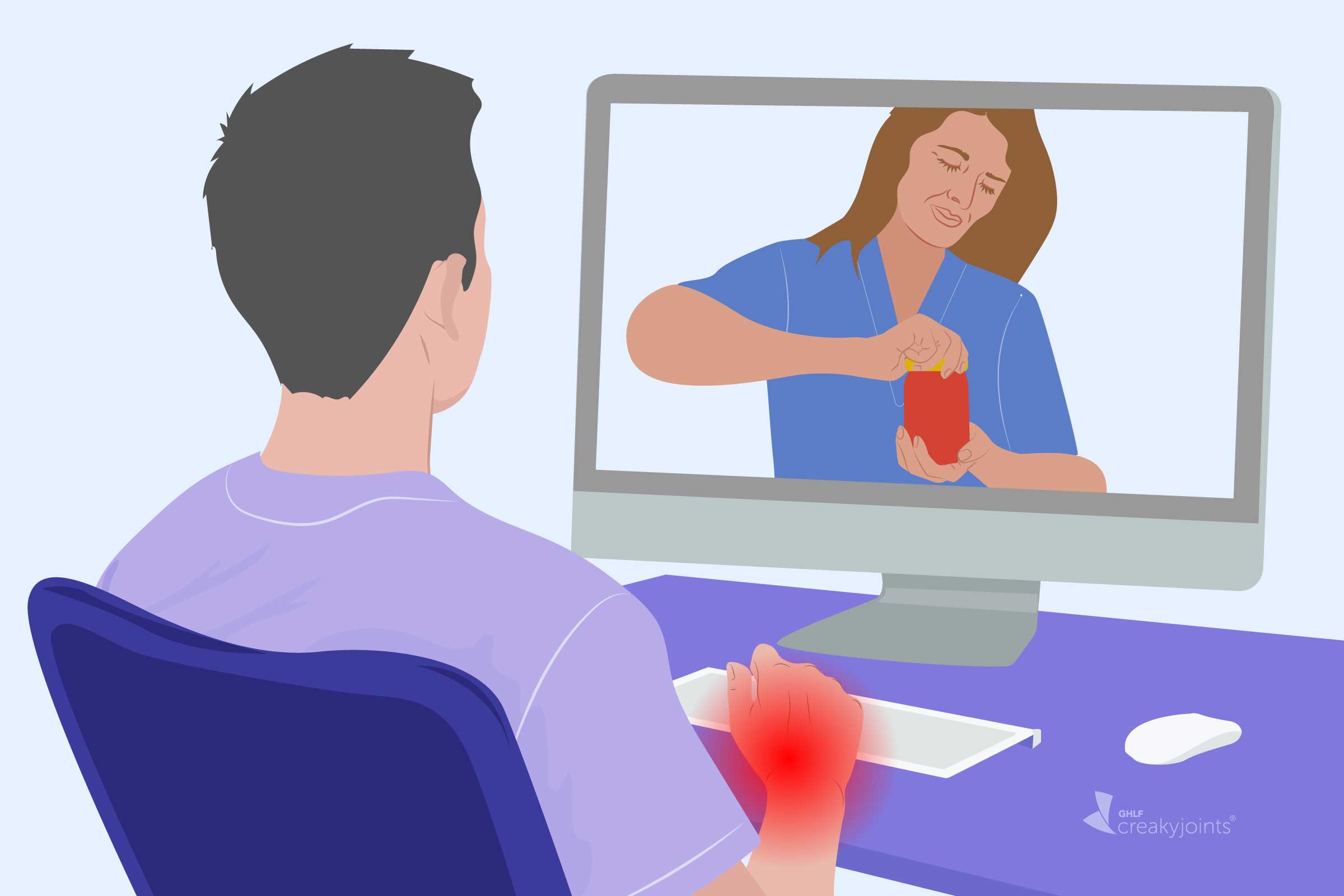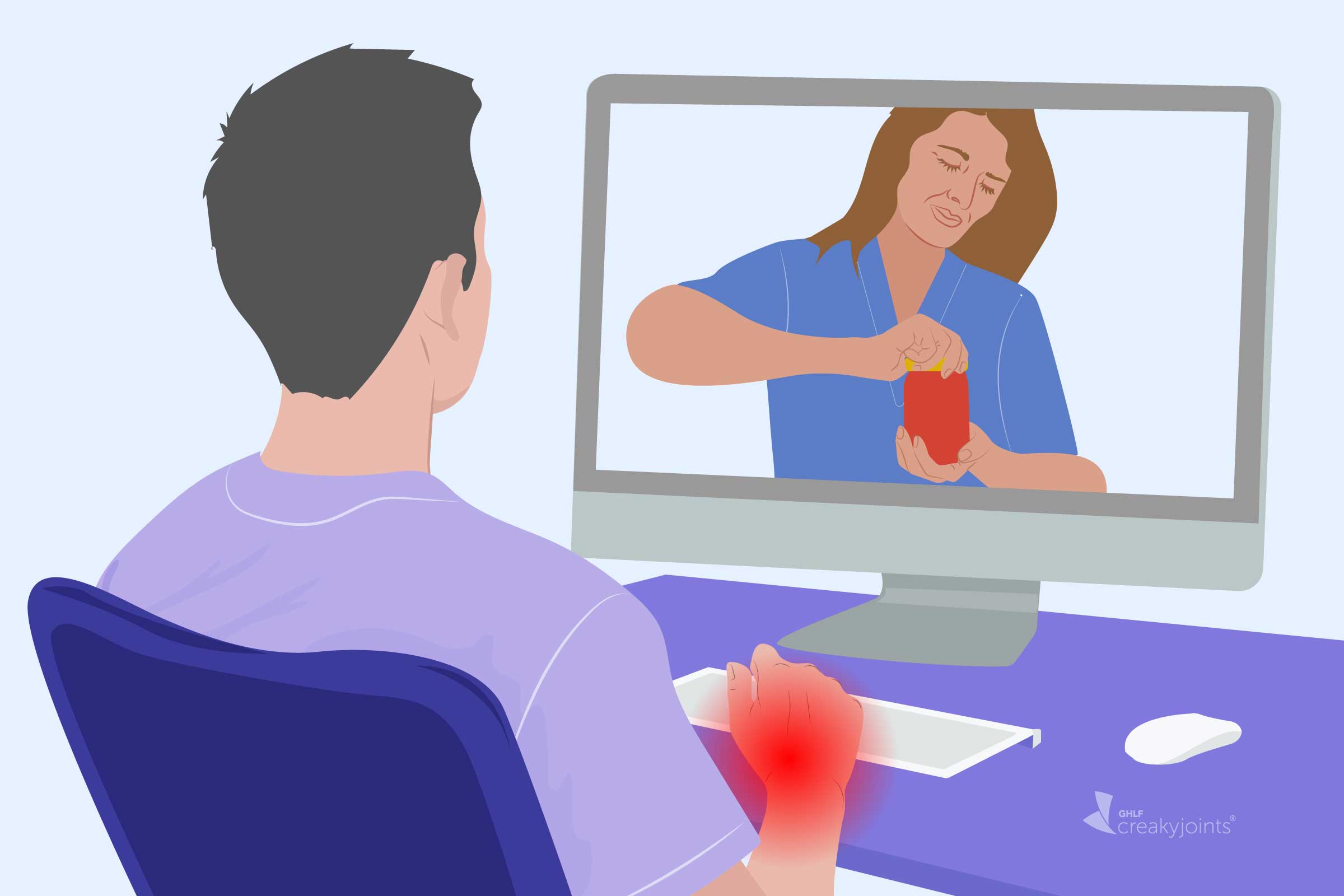Learn more about our FREE COVID-19 Patient Support Program for chronic illness patients and their loved ones.
Proton pump inhibitors (PPIs) like omeprazole (Prilosec) and esomeprazole (Nexium) are widely used to treat chronic acid reflux (gastroesophageal reflux disease, or GERD). They usually work well for preventing uncomfortable heartburn and helping to reduce the risk of esophageal cancer, but in recent years some serious side effects from these medications have come to light. A number of studies have linked long-term PPI use to an increased risk of fractures, pneumonia, dementia, and C. difficile infection (which can cause serious diarrhea and may be fatal), among other problems.
Although there isn’t any proof that PPIs directly cause these issues, their mechanism of action — they work by suppressing acid production in the stomach — might leave patients vulnerable to such side effects.
Now there’s another reason to be concerned: A new study has found that frequent PPI users are more apt to contract COVID-19.
The research, which was published in the American Journal of Gastroenterology, was based on an online survey conducted this spring. More than 53,000 people responded, included 3,386 who said they had tested positive for COVID-19.
The authors determined that PPI users were significantly more likely to be among those who contracted coronavirus, and that the risk increased along with the dose. “Individuals taking PPIs twice daily have higher odds for reporting a positive test when compared to those using PPIs up to once daily,” the authors wrote.
PPIs might make people more susceptible to bacteria and viruses including coronavirus because stomach acid helps kill off these invaders when they are ingested.
According to this study, people taking reflux medication in a different class (H2 blockers) were not any more likely than the general population to test positive for COVID-19. H2 blockers, such as famotidine (Pepsid) and cimetidine (Tagamet), also interfere with stomach acid production, but PPIs are stronger.
Keep in mind that this research is preliminary and does not prove that these medications directly increased coronavirus susceptibility. If you have any concerns about taking proton pump inhibitors, talk to your doctor. It’s never a good idea to stop taking a prescribed medication on your own.
Get Free Coronavirus Support for Chronic Illness Patients
Join the Global Healthy Living Foundation’s free COVID-19 Support Program for chronic illness patients and their families. We will be providing updated information, community support, and other resources tailored specifically to your health and safety. Join now.
Almario CV, et al. Increased Risk of COVID-19 Among Users of Proton Pump Inhibitors. American Journal of Gastroenterology. July 7, 2020. https://journals.lww.com/ajg/Documents/AJG-20-1811_R1(PUBLISH%20AS%20WEBPART).pdf.
Nehra AK. Proton Pump Inhibitors: Review of Emerging Concerns. Mayo Clinic Proceedings. February 2018. doi: https://doi.org/10.1016/j.mayocp.2017.10.022.
Swift D. Could Proton Pump Inhibitors Increase COVID-19 Risk? MedPage Today. July 9, 2020.
https://www.medpagetoday.com/infectiousdisease/covid19/87495.

